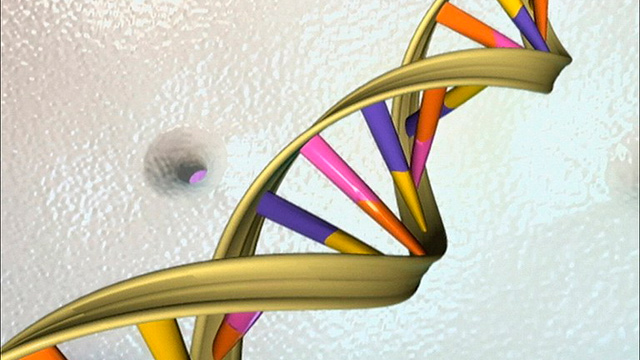SUMMARY
This is AI generated summarization, which may have errors. For context, always refer to the full article.

PARIS, France – A closely-watched prototype therapy to inject corrective genes into the brain to treat Parkinson’s disease has cleared an important safety hurdle, doctors said Friday.
Tested on 15 volunteers with an advanced form of the degenerative nerve disease, the technique proved safe and the results were encouraging, they said.
The experiment aims to reverse the lack of a brain chemical called dopamine, which is essential for motor skills.
It entails tucking 3 genes into a disabled horse virus of the family lentiviruses.
The modified virus is then injected directly into a specialised area of the brain, where it infiltrates cells. In doing so, it delivers corrective pieces of DNA, prompting defective brain cells to once again start producing dopamine.
Called ProSavin, the British-designed treatment was authorized for tests on humans after it was tried on lab monkeys.
It is being closely watched by specialists to see if it works better than conventional therapies – the veteran drug levodopa or electrical stimulation of the brain – or another experimental gene technique which uses a modified cold virus.
French neurosurgeon Stephane Palfi, who led the early-stage trial published in The Lancet, said 15 patients aged 48-65 were given the genes in one of 3 doses.
They developed better coordination and balance, had less muscle twitching and improved speech.
Assessed at least 12 months after the injection, “motor symptoms remained improved in all the patients,” Palfi said.
“In those patients who were first operated upon, the improvement lasted up to 4 years.”
Improvements were “dose-related,” said Palfi – meaning the higher the dose, the greater the progress.
Beyond 4 years, though, improvements fell back as the disease advanced, he said.
In a commentary also published by The Lancet, researcher Jon Stoessl at the University of British Columbia in Vancouver, Canada, said the treatment did not address non-motor problems also caused by the disease.
Parkinson’s is a degenerative disease in which the patient loses muscle flexibility and coordination, and often develops involuntary twitches and tremors.
Non-motor symptoms include cognitive and behavioural problems which can “have a greater effect on quality of life than motor dysfunction,” Stoessl noted.
The disease affects about 5 million people, according to the report. – Rappler.com
Add a comment
How does this make you feel?
There are no comments yet. Add your comment to start the conversation.